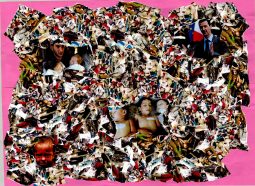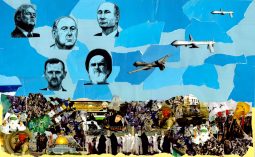Since the end of the Cold War, the relationship between Russia and the West has revolved around a perpetual “reset” that never seems to arrive and attempts to do so are typically based on mutual suspicion and of course, a perceived self-interest. For the past decade, Russia has seen considerable growth under President-Prime Minister Vladimir Putin, who has presented himself as a stable figure that provides ordinary Russians with a greater standard of living. Russia continues to be inflicted, however, by internal and external problems including: persistent and endemic corruption, a myopic political establishment, crumbling infrastructure, limited trade outside oil and gas, an often erratic foreign policy, and denied civil and political rights to particular segments of the Russian population. How Putin will tread the treacherous road ahead will determine Russia’s role and influence in the international arena for years to come.
In response to the late 2011 legislative elections, which were marred by irregularities, a series of unprecedented demonstrations threatened the legitimacy of Mr. Putin’s rule as well as the oligarchic state that has endured under his watch. The official reaction to the protests was unsurprisingly harsh as the assumed longevity of Mr. Putin was placed under intense scrutiny by domestic and foreign observers. Putin has become increasingly more assertive in his efforts to consolidate his power after the flawed elections. Little hope for reform was held when Putin replaced the majority of his cabinet, which is now staffed by loyalists, thus ensuring the continuity of his near dictatorial style as he begins his third term.


